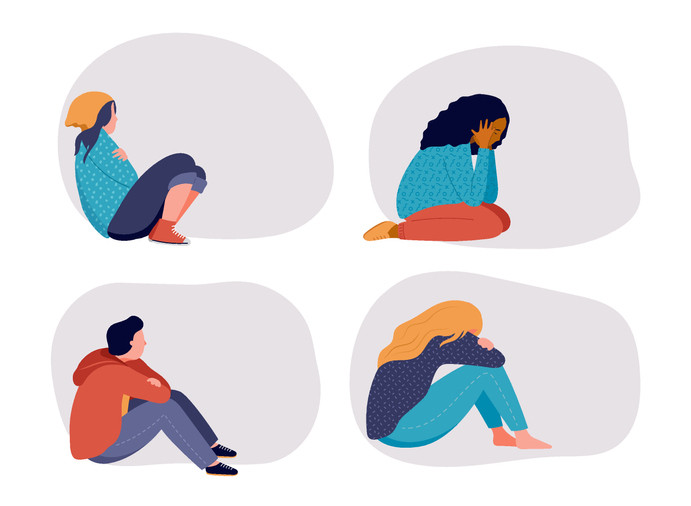Anya Yang (10) | STAFF REPORTER
Most people living in societies today are experiencing larger and larger gaps between older and younger generations. Typically, older folks complain the younger generation has it easy, with privileges they would have never dreamed of when they were young: technology, more opportunities, access to education, and more. Younger people protest that older folks never had to deal with all the problems they have to today, and conclude that all elderly people are “boomers” and out of touch with reality.
With technology developing quickly and citizens all over the world being sucked into the social media era, the gap seems to have become wider than ever. Ultimately, many have given up completely, shutting down all possibilities of communication between generations, writing it off as impossible and not worth their time.
However, bridging generation gaps is arguably quite similar to bridging cultural gaps. Generation gaps are differences in cultures and time periods, as well as beliefs and values. Everyone has different life experiences and opinions, and that’s what makes intergenerational relationships and communication so valuable. Elderly people have life experiences and wisdom, and younger generations have fresh ideas, new perspectives and new viewpoints. Writing off someone simply because of their age erases opportunities to learn.
So that brings up the question… how should we communicate with people of different generations? Firstly, the most important thing to do to reduce disconnects between generations is empathy.
Understand first that everyone might have different viewpoints, skills, and cultures, and that is absolutely okay. Do not force others to change their views. For example, a younger intern cannot expect their 75-year-old boss to know exactly how Discord works, because he had never had to use it when he was younger. Or, in reverse, an older person cannot always expect younger people to know how to use a fax machine. Empathy is the first building block to creating trust and understanding.
Once empathy is established, make sure to communicate well. Make sure not to use snarky language regarding someone’s seniority/naivety, nor berate them simply for not understanding it due to their age. Being condescending is one of the easiest ways to irritate others, and the trick is basically to treat an older person with respect and kindness. That’s it! That’s the simplest way to communicate with someone — anyone, really, not just those who are from different generations.
People who refuse to interact with others due to their age differences are capable of change, but at times it is impossible to break through their shells and change their minds. That’s okay. No one can force them to change, so just focus on how to treat others well and to communicate efficiently.
Reducing disconnects between older and younger generations has happened, and will continue to happen, throughout human history. There will always be different experiences and viewpoints, but if empathy and communication continue to exist, we will be in good hands.



